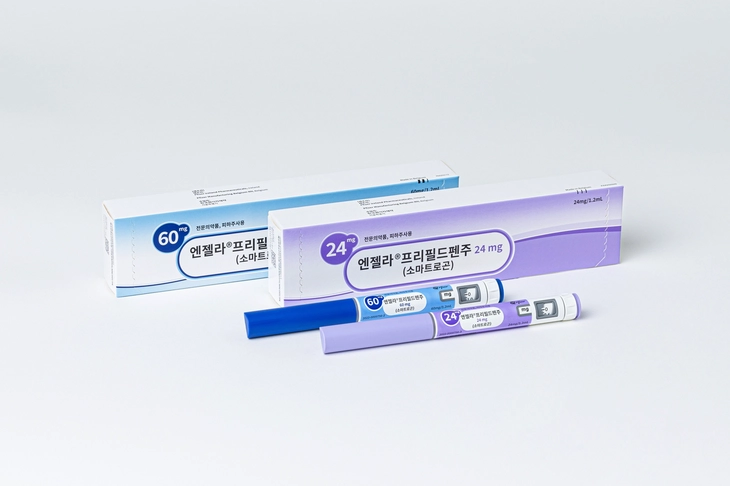
Angela (somatrogon) pre-filled pen, Korea's first weekly injectable growth hormone - Photo: THE KOREA HERALD
According to the Korea Herald on March 25, Korean parents are spending up to 10 million won (about 6,800 USD) each year on growth hormone injections for their children in the context that height is increasingly considered an important advantage in this country.
Initially, this therapy was developed for children with severe hormonal disorders or genetic diseases. However, more and more normally developing children are now using this drug to improve their height.
Data from the Health Insurance Review and Assessment Agency (HIRA) shows that the number of growth hormone prescriptions nearly doubled in just three years, from 138,537 in 2021 to 269,129 in 2024. The number of patients also increased from 16,711 to 34,881 over the same period.
However, this figure only reflects a fraction of the reality, as only those eligible for health insurance — children below the 3rd percentile for height and with hormonal disorders or medical conditions such as Turner syndrome — are recorded in HIRA data.
In fact, it is estimated that up to 97% of growth hormone prescriptions in South Korea are paid for out of pocket by families, suggesting that the real need is much higher.
The treatment is not cheap. A month of growth hormone costs an average of 700,000 won ($470), and a year of treatment can cost more than 10 million won ($6,800). Children typically need to receive injections every night for one to three years after the initial hormone test.
Despite the high cost and inconvenience of daily injections, many parents still see it as an important investment in their children's future.
In wealthy families, this therapy has even become part of the “premium parenting package,” along with braces and Ortho-K contact lenses that temporarily correct nearsightedness.
The increase in demand is also changing the market for services. In 2020, 54.4% of growth hormone prescriptions were written at major university hospitals.
However, by 2024, this figure had dropped to 38.2%, while small private clinics – known as “growth clinics” – had expanded strongly, with their prescription share increasing from 4.0% to 11.3%.
Data from global medical analytics firm IQVIA shows that the growth hormone injection market in South Korea has nearly doubled in four years, from 145.7 billion won in 2019 to 277.5 billion won in 2023.
It is predicted that by 2024, this figure will exceed 300 billion won, reflecting the increasingly popular trend of this therapy in Korean society.
Source: https://tuoitre.vn/xu-huong-phu-huynh-chi-tien-tiem-hormone-tang-chieu-cao-cho-con-no-ro-o-han-quoc-20250326103609594.htm


![[Photo] Brazilian President visits Vietnam Military History Museum](https://vstatic.vietnam.vn/vietnam/resource/IMAGE/2025/3/29/723eb19195014084bcdfa365be166928)

![[Photo] Prime Minister Pham Minh Chinh and Brazilian President Luiz Inácio Lula da Silva attend the Vietnam-Brazil Economic Forum](https://vstatic.vietnam.vn/vietnam/resource/IMAGE/2025/3/29/f3fd11b0421949878011a8f5da318635)

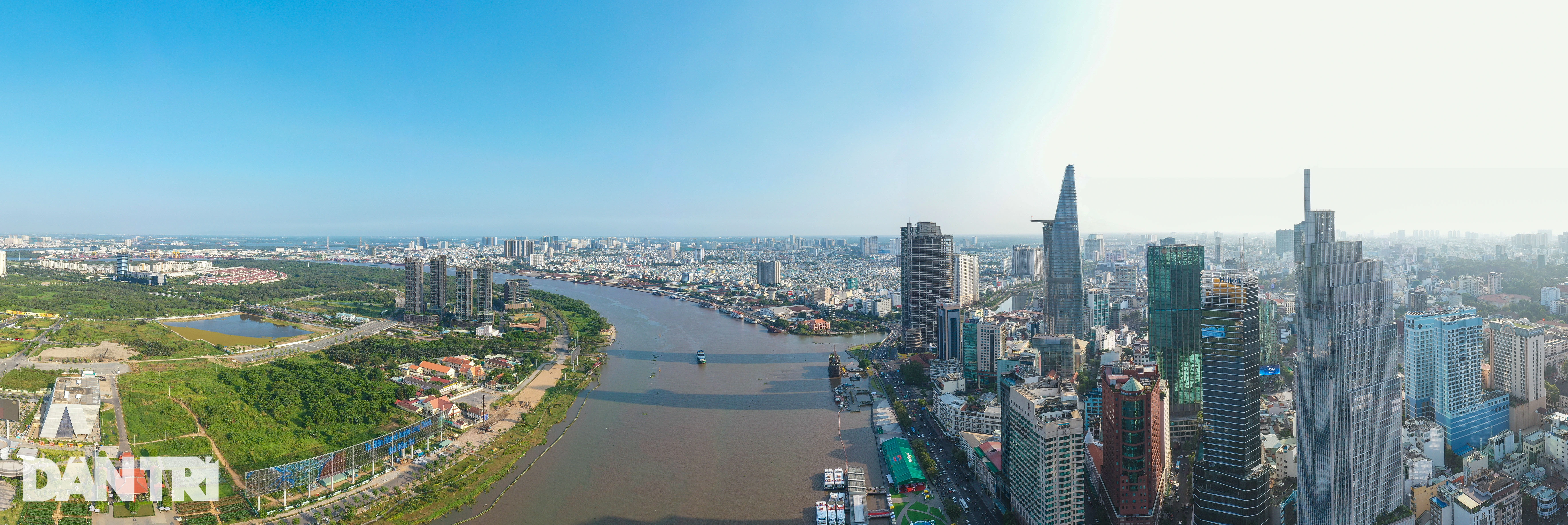
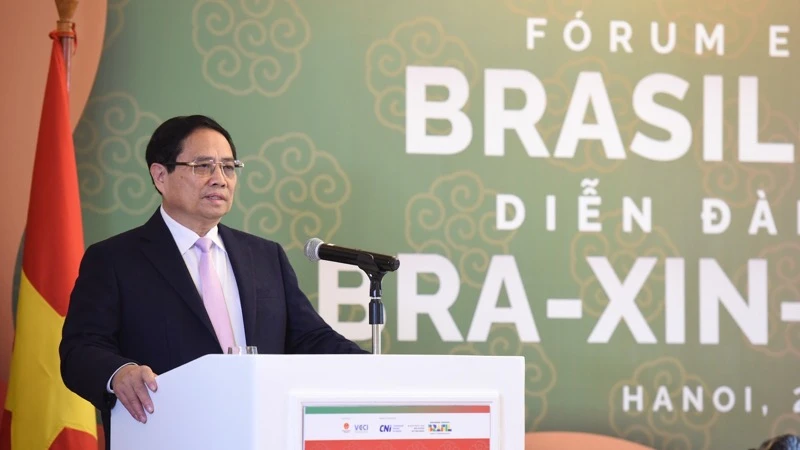
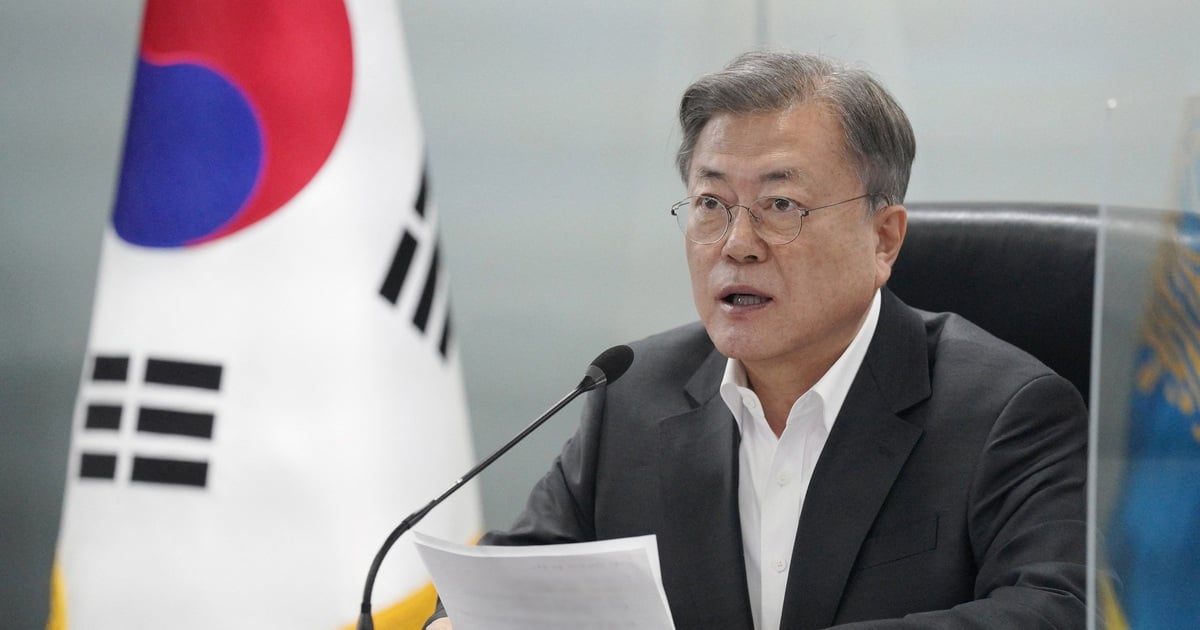



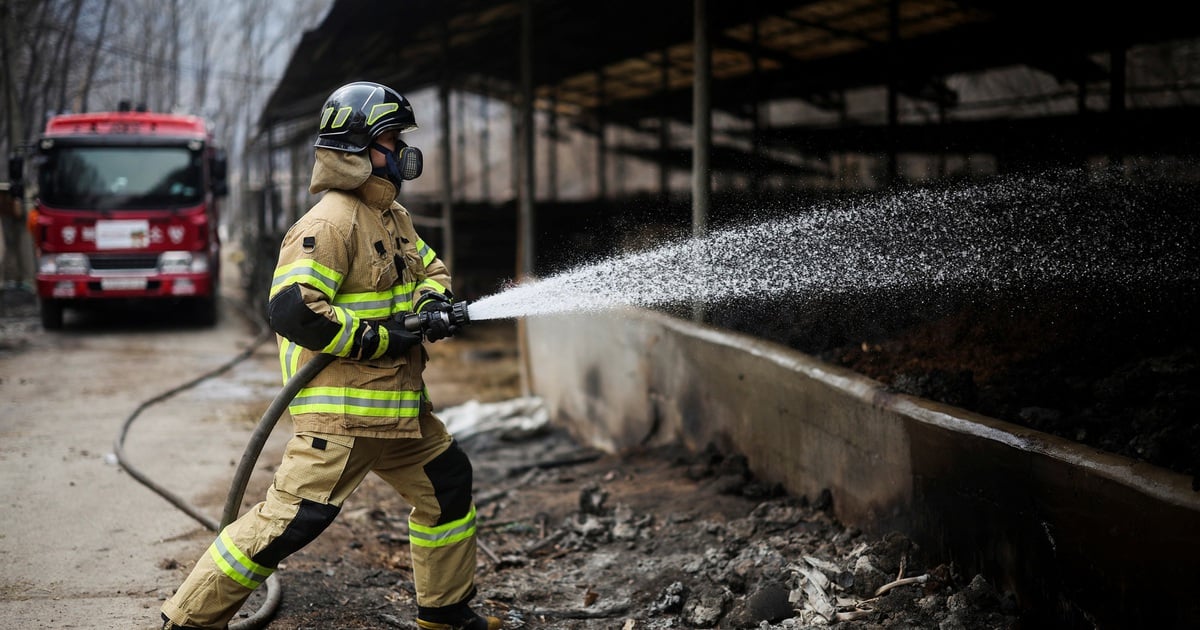
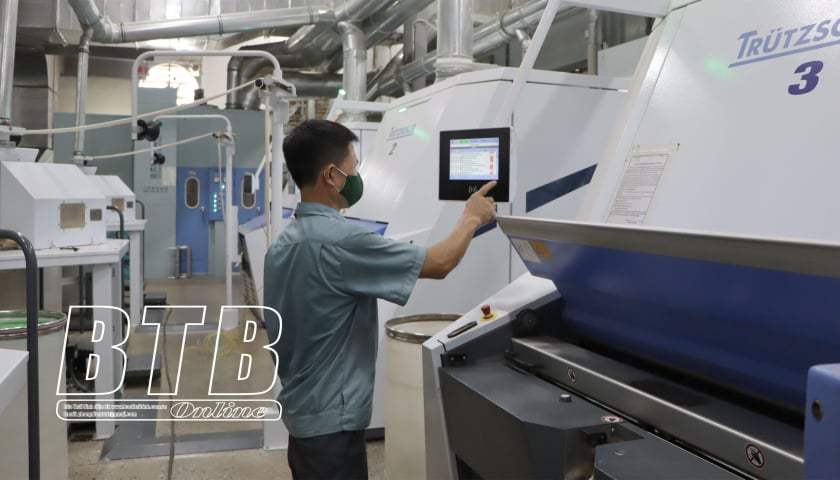



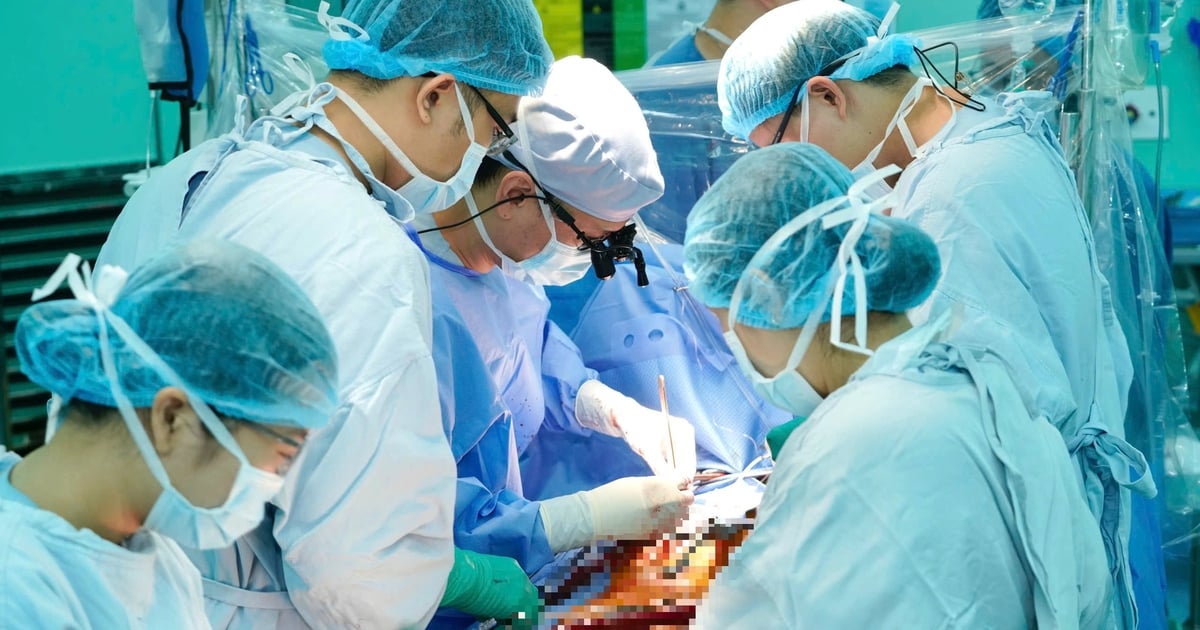


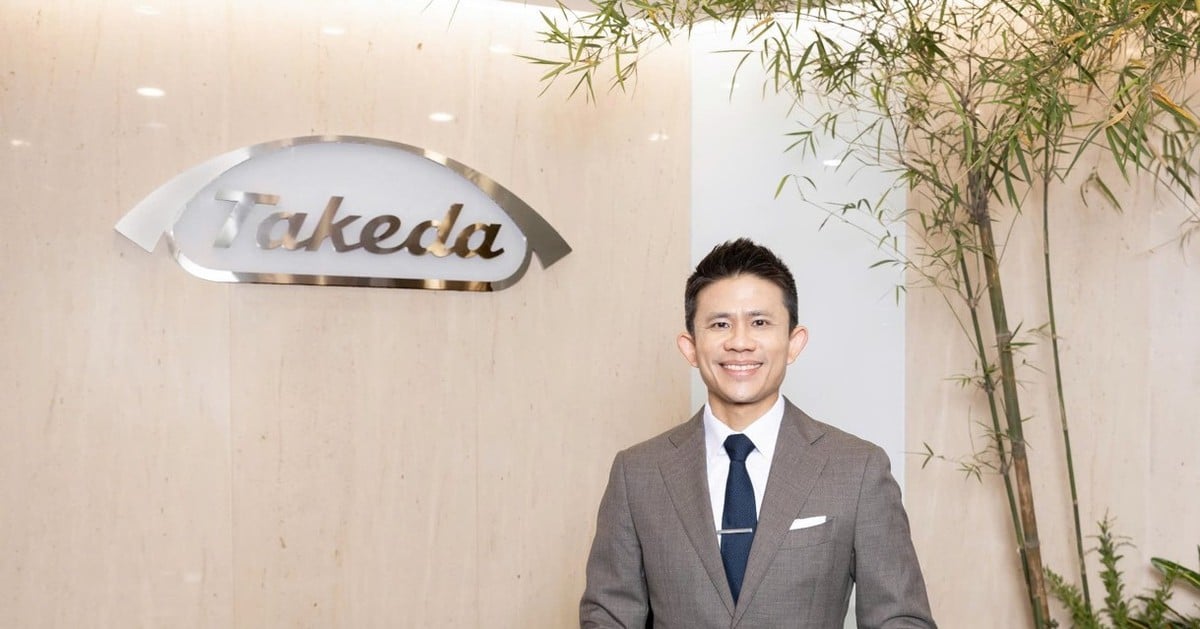

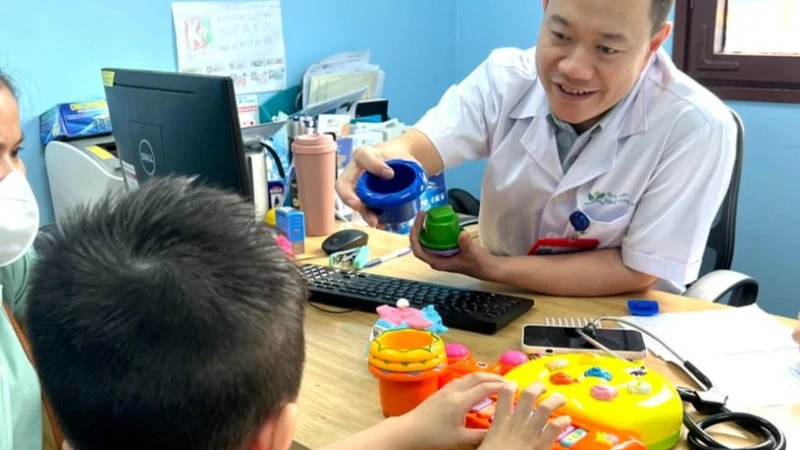



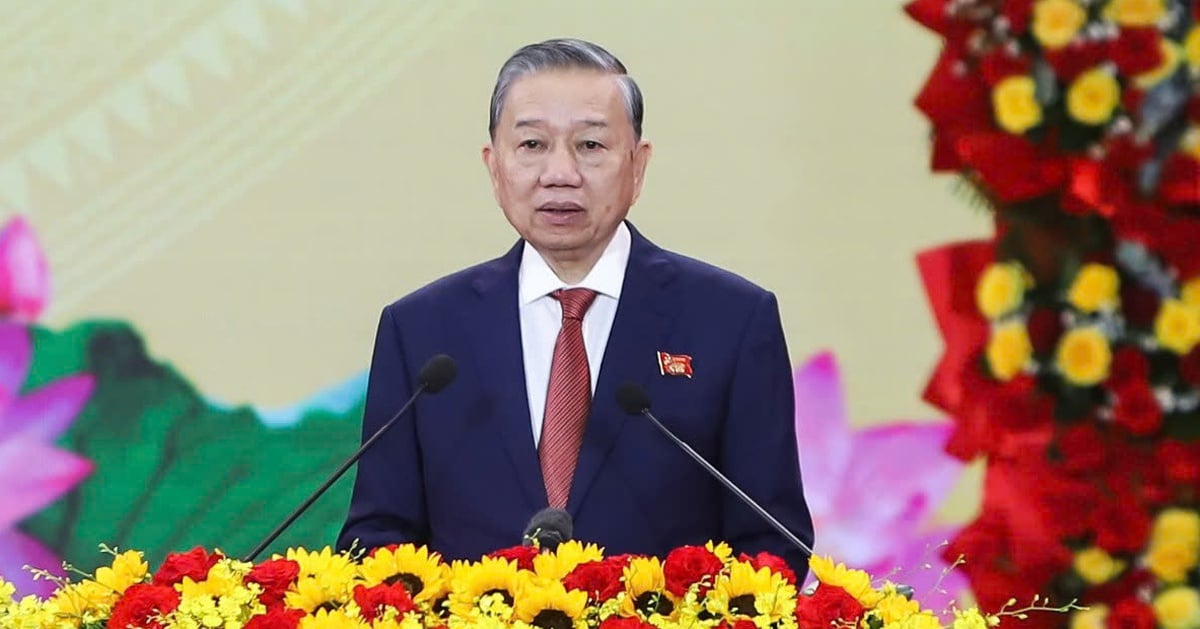
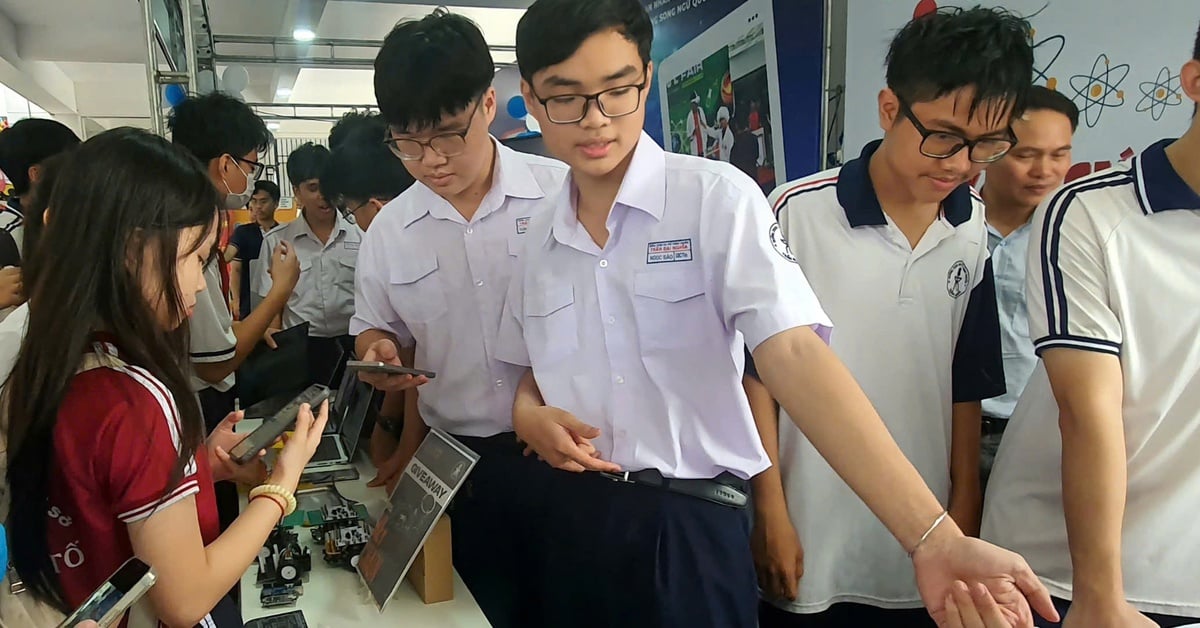
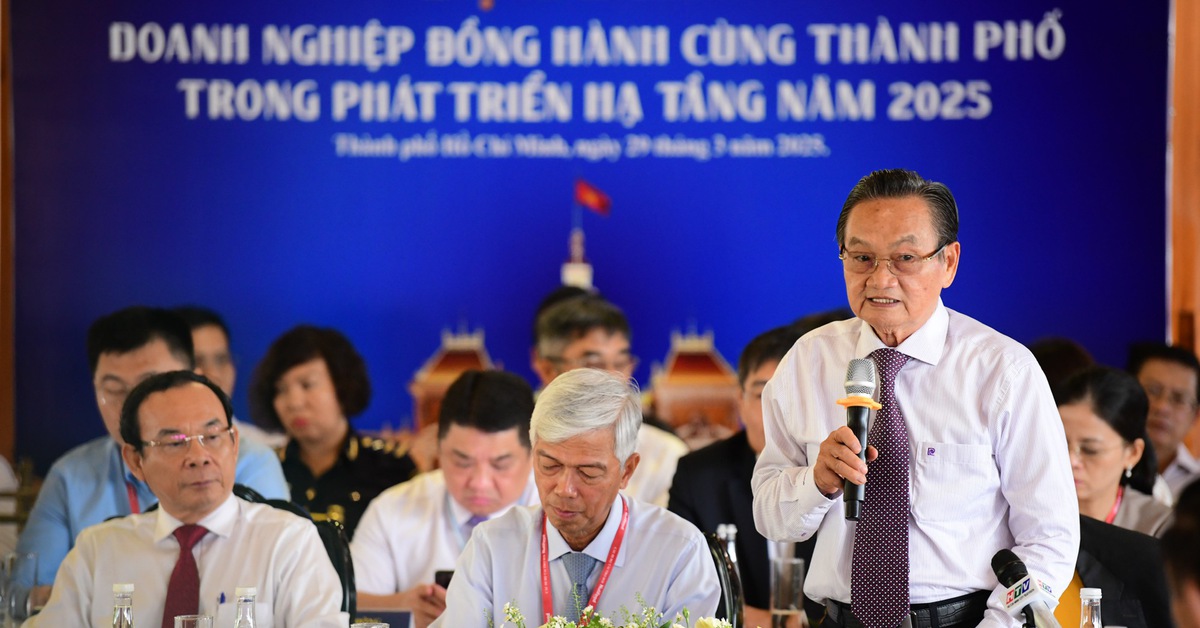












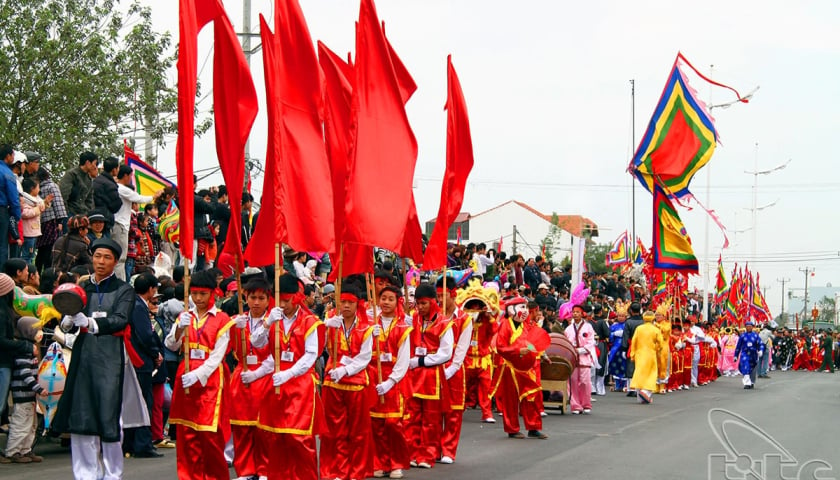

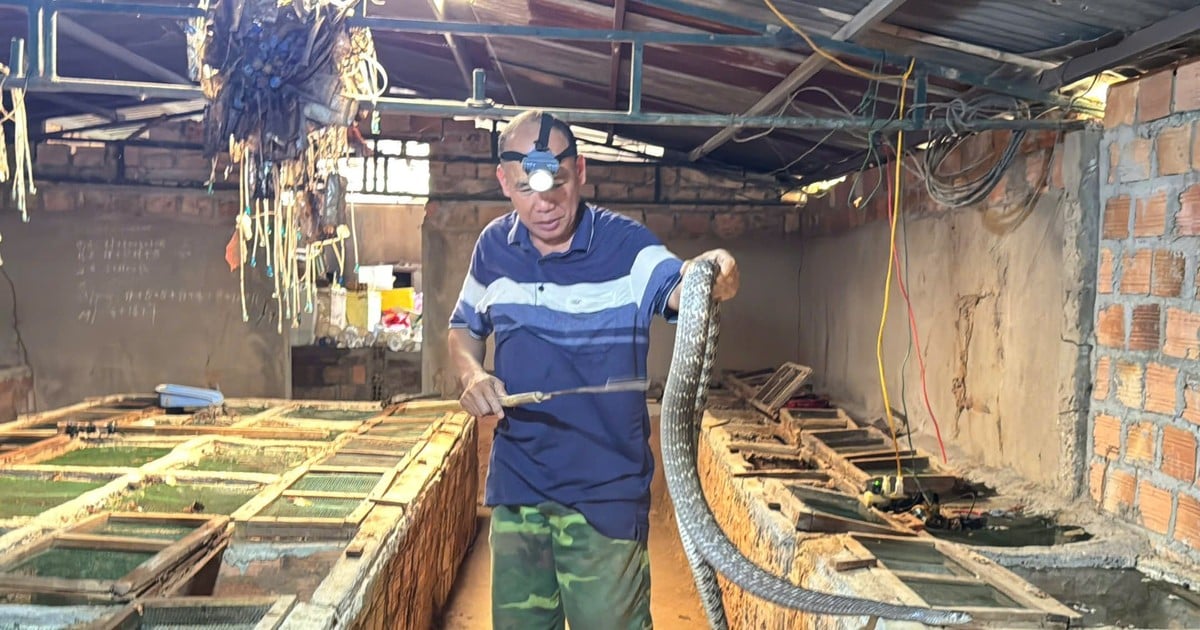
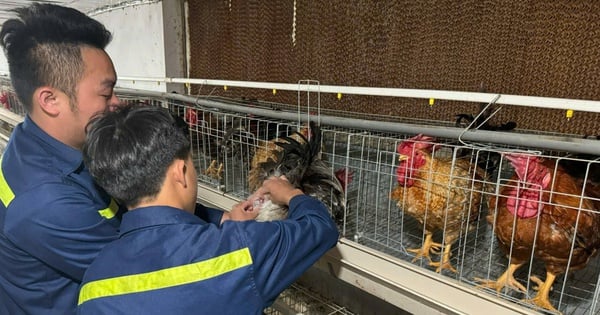

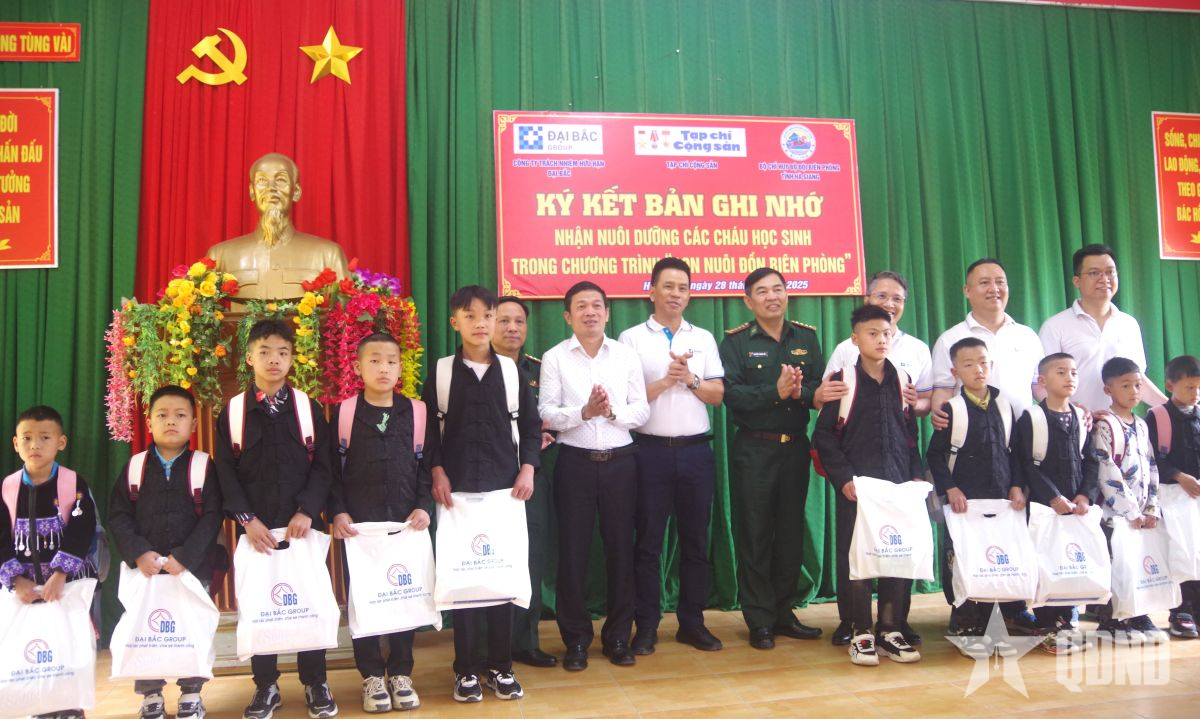














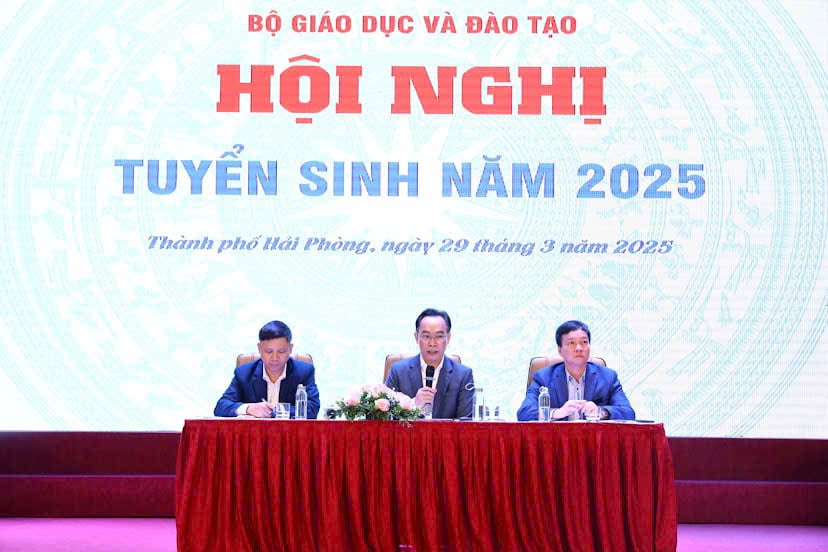



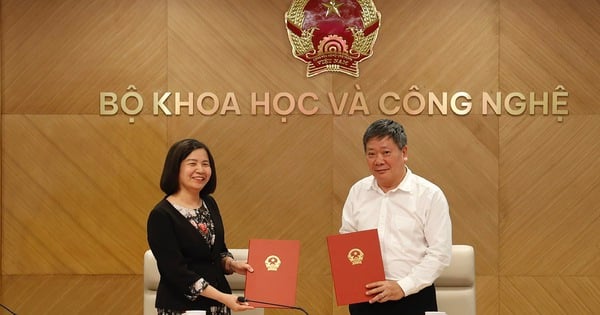

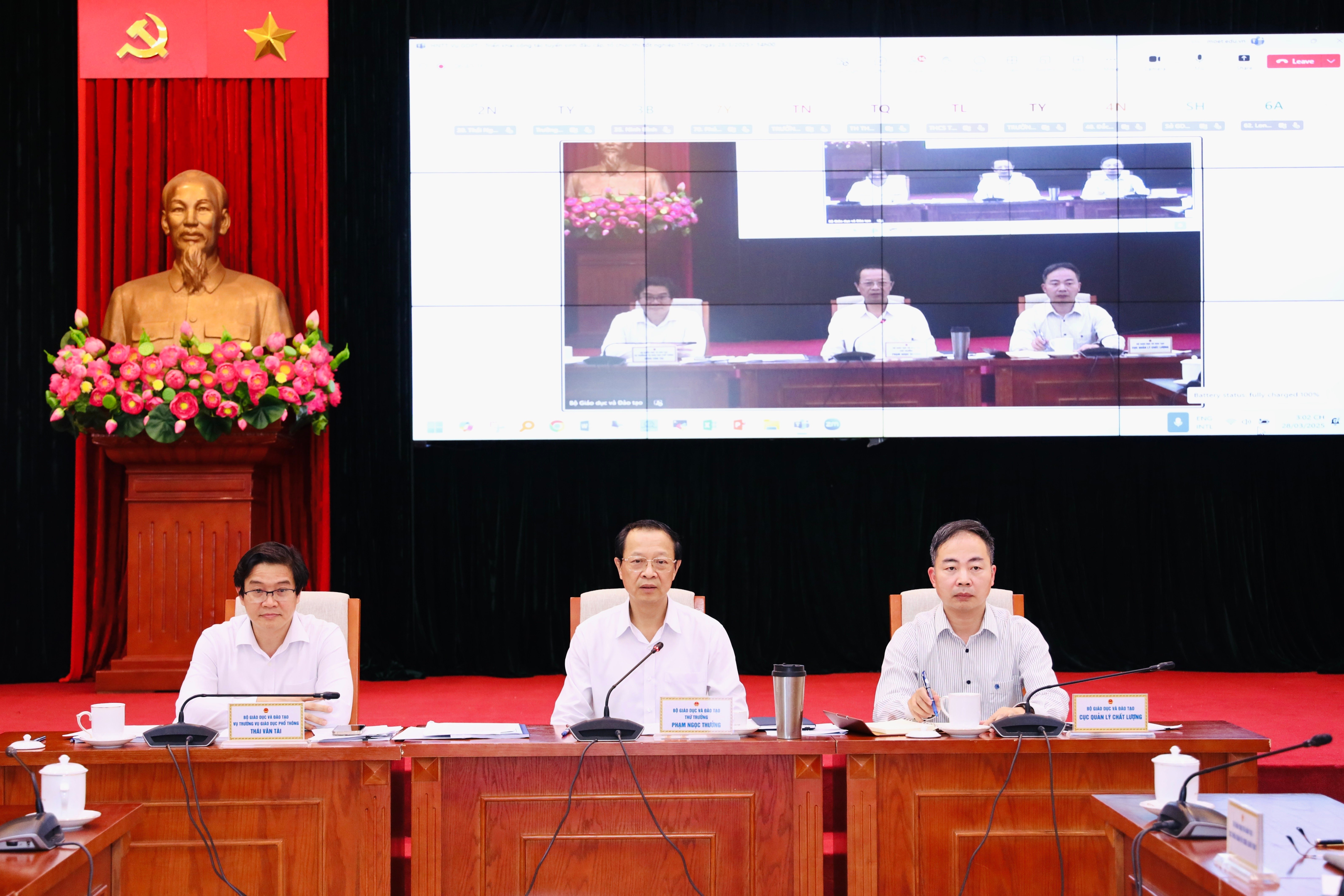

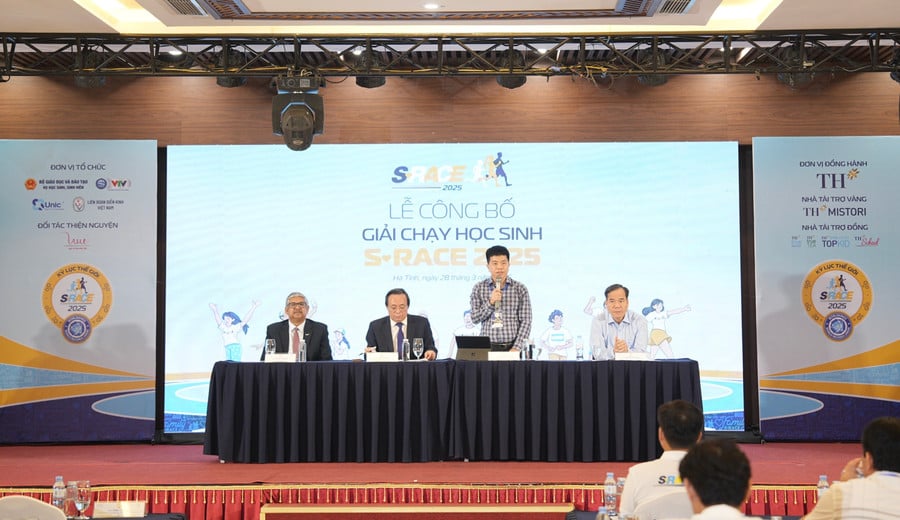


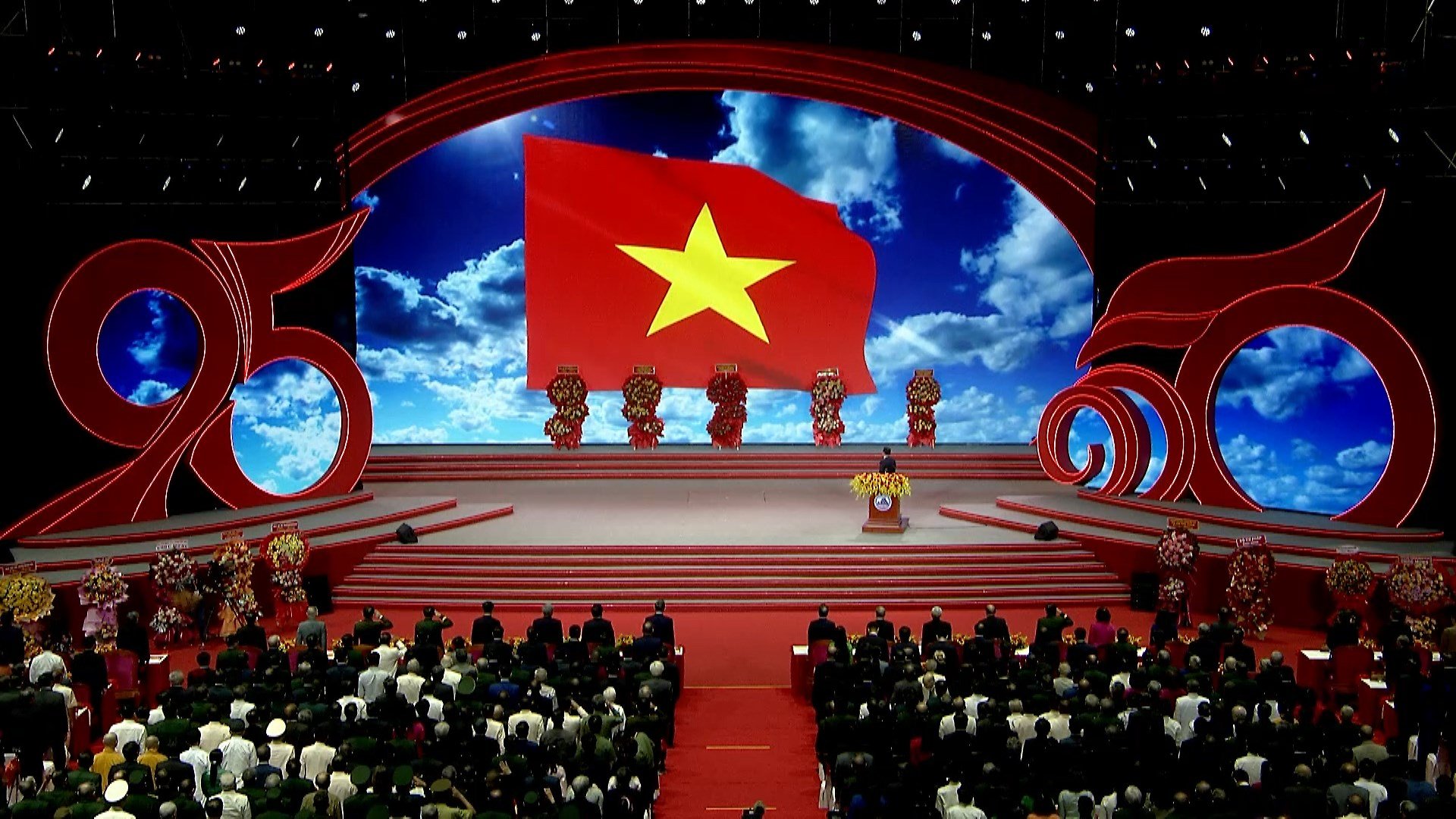
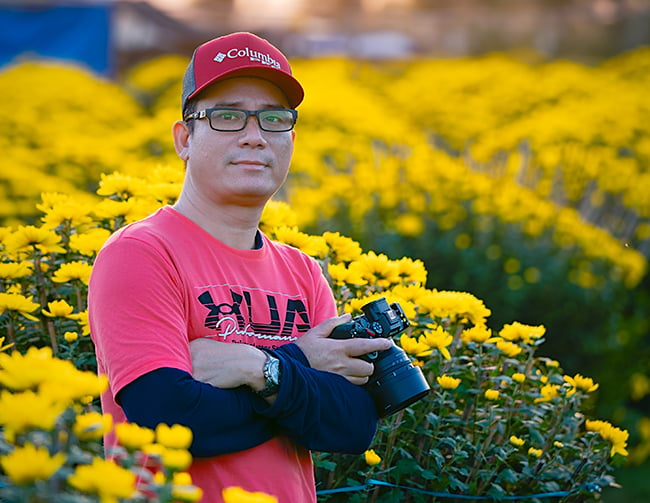
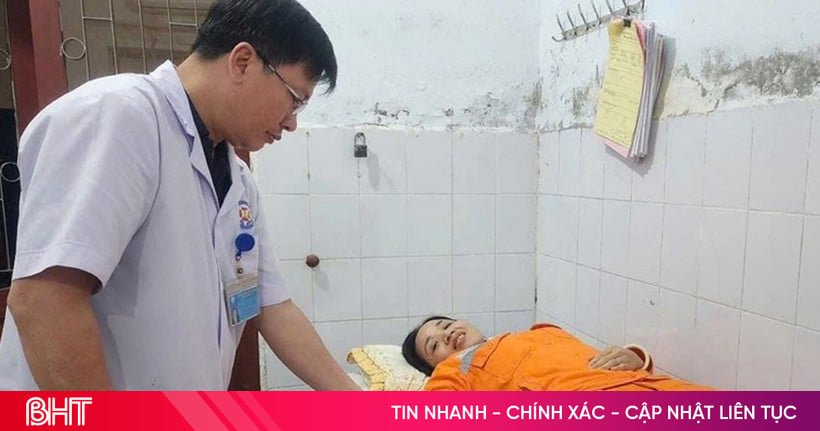















Comment (0)